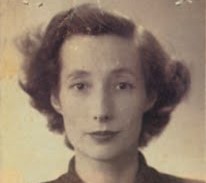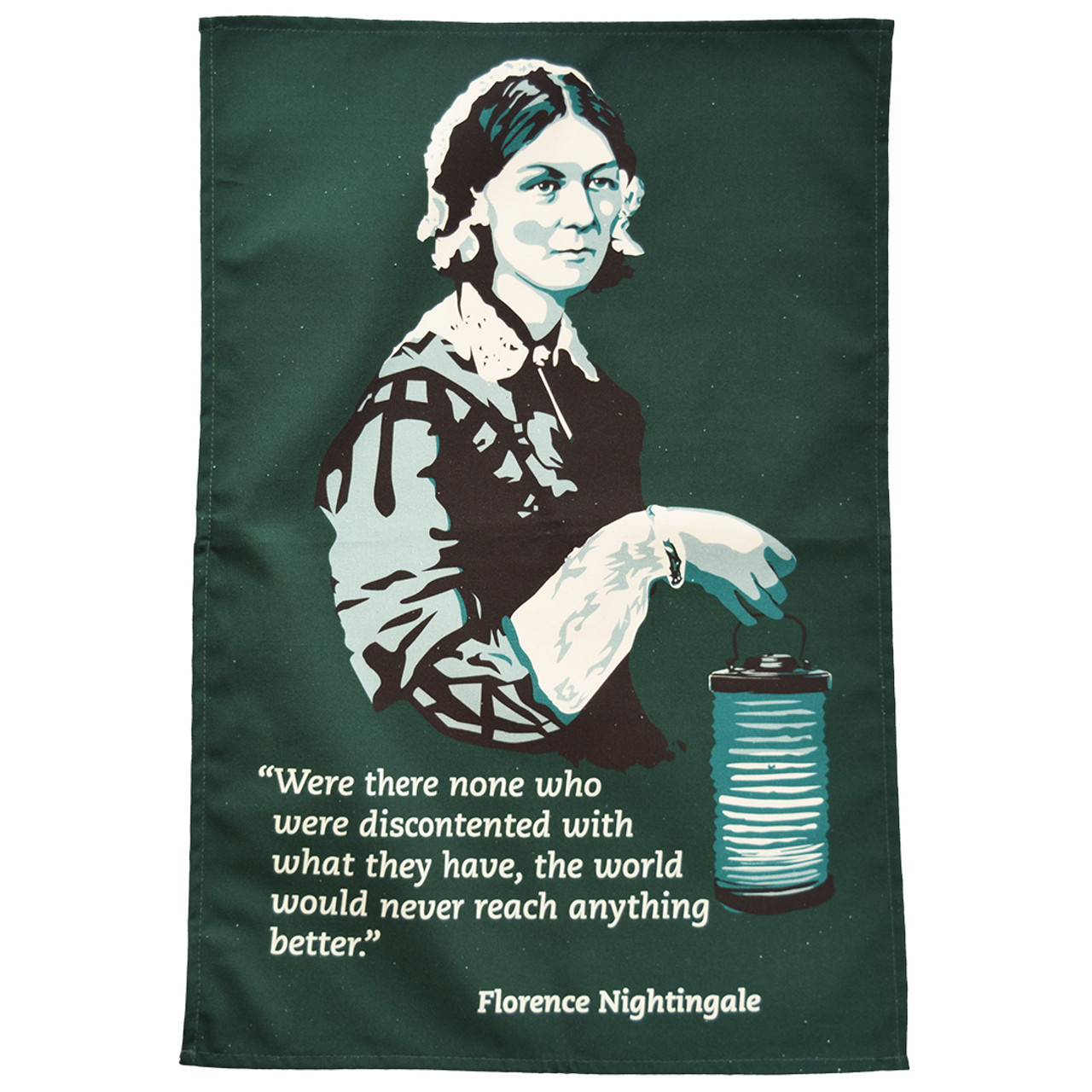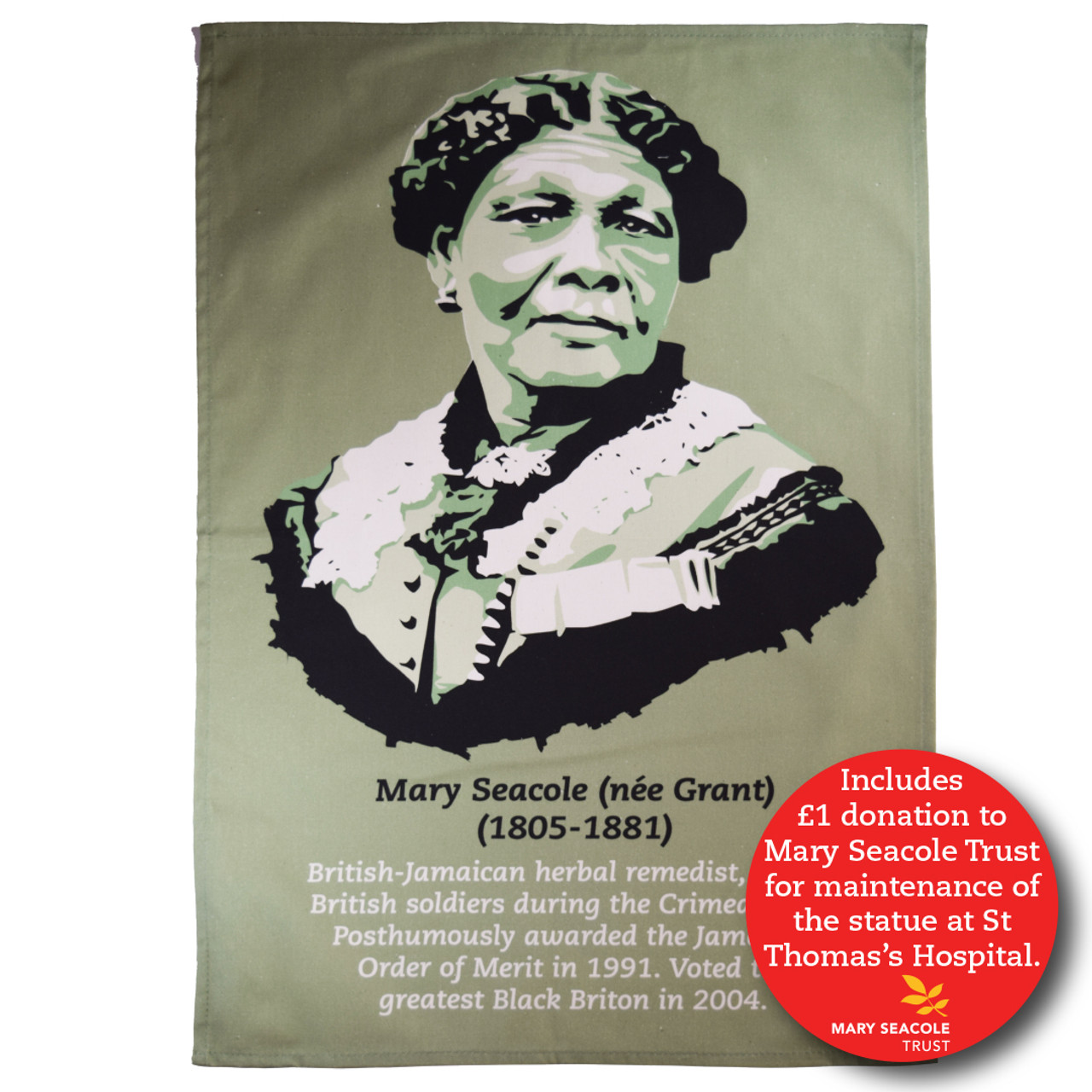The Communist Nightingale: Thora Silverthorne
Posted by Pete on 26th Nov 2024
If Florence Nightingale is the founder of modern nursing, then Thora Silverthorne is the founder of the modern nursing labour movement

Thora Silverthorne in around 1910
When people think of the history of British nursing, Florence Nightingale is the first name that comes to mind.
But there’s another nurse, also shaped by the experience of war, whom we should remember.
She was Thora Silverthorne, born on this day in 1910.
And unlike Nightingale, ‘Red Silverthorne’ was a left-wing radical, too.
Florence Nightingale is remembered as a social reformer and founder of modern nursing
See the Florence Nightingale tea towel
Thora Silverthorne was born into a working-class mining family in Abertillery, South Wales.
Thora’s dad, George, was a coalminer and a socialist. He was active in the radical South Wales Mining Federation, and he was an early member of the Communist Party of Great Britain (CPGB) after it was formed in 1920.
In this context, Thora became a left-wing activist when she was still a teenager.
She joined the Labour Party and then the Young Communist League, signing up in the revolutionary atmosphere of the 1926 General Strike.
Another prominent carer in her time but later forgotten was Mary Seacole, who this century has received more recognition
See the Mary Seacole tea towel
The Silverthorne family moved to Reading from Wales in 1927. Soon after, Thora began training to be a nurse at the Radcliffe Infirmary in Oxford.
But Thora didn’t allow her medical work to get in the way of her socialist politics.
During the National Hunger March against unemployment in 1932, Thora volunteered as a nurse in the contingent of marchers from Lancashire.
‘Red Silverthorne,’ as she was increasingly known, also befriended left-wing students at Oxford University, like the future historian Christopher Hill.
Thora Silverthorne helped put pressure on Clement Attlee's government to create the National Health Service
See the Clement Attlee tea towel
In 1934, Thora left Oxford to finish her nursing training in London.
She worked at Hammersmith Hospital, where her colleagues included the founder of the Spanish Medical Aid Committee (SMAC) – created to support the Spanish Republic against Franco’s fascist rebellion.
The left-wing anti-fascism of SMAC suited Thora’s politics perfectly, and in October 1936 she travelled to republican Spain as part of a British Medical Unit.
Thora’s team was the first group of medical volunteers to go to Spain during the Spanish Civil War, where they set up the first British hospital at Grañén, in Aragón.
Red Silverthorne was soon the chief nurse at Grañén, treating soldiers wounded and dying in the fight against fascism.
Paul Robeson's radical singing voice was played at Thora Silverthorne's funeral
See the Paul Robeson tea towel
A year later, Thora returned to London, where she began to organise nurses into trade unions.
If Florence Nightingale is the founder of modern nursing, then Thora Silverthorne is the founder of the modern nursing labour movement.
Thora co-founded the National Nurses Association, which was the first rank-and-file trade union for nurses in Britain.
In 1942, Thora also became the Organising Secretary of the Socialist Medical Association. In this role, she helped to put pressure on Clement Attlee to create the National Health Service.
Thora would remain a trade union official until she retired in 1970.
And when she died in 1999, Paul Robeson’s radical rendition of the Welsh anthem, Land of My Fathers, was played at Thora’s funeral.
'Red' Thora Silverthorne is an immense figure in the radical history of nursing, of Wales, of the labour movement, and of internationalist solidarity, and so she ought to be remembered no less than Florence Nightingale.




